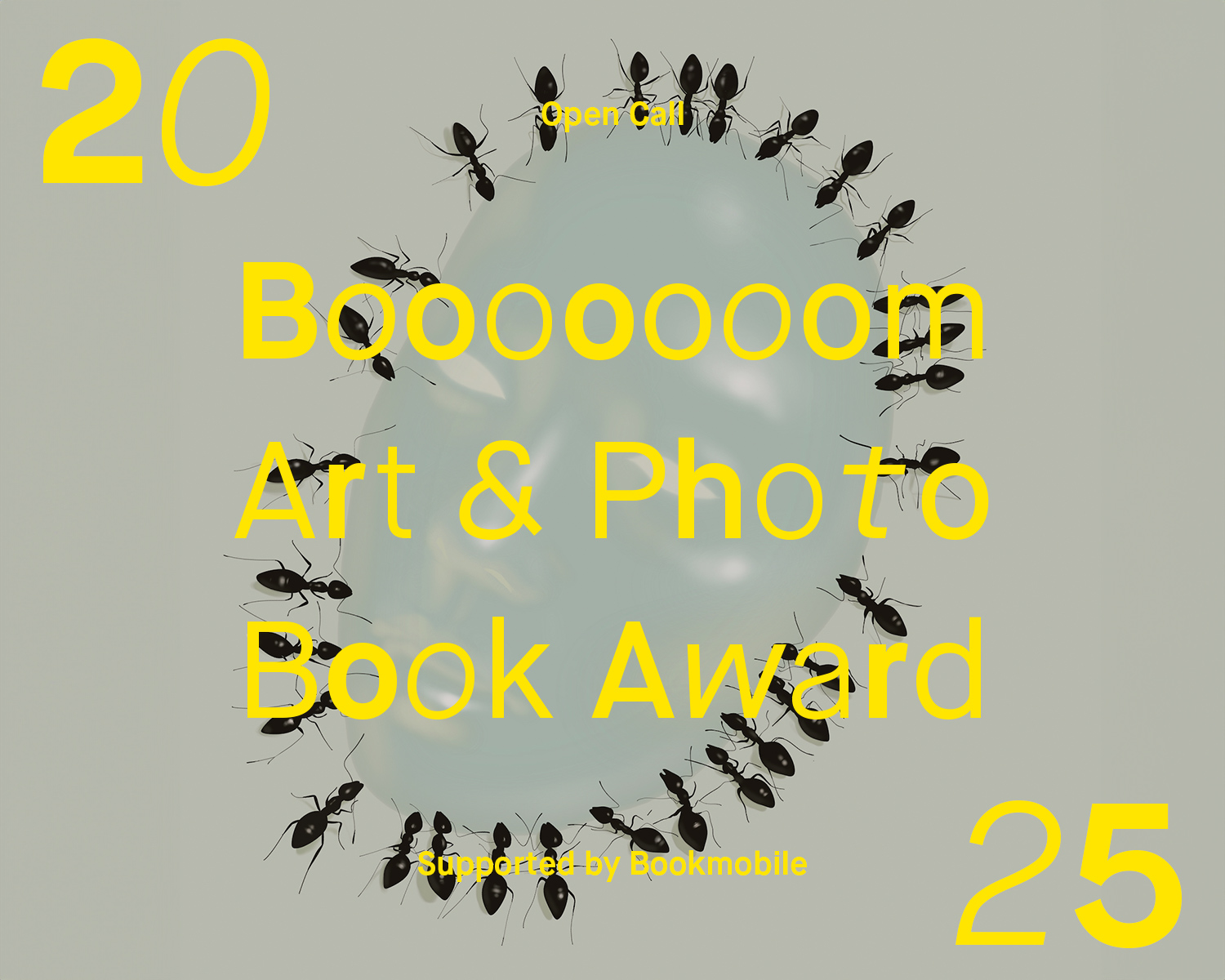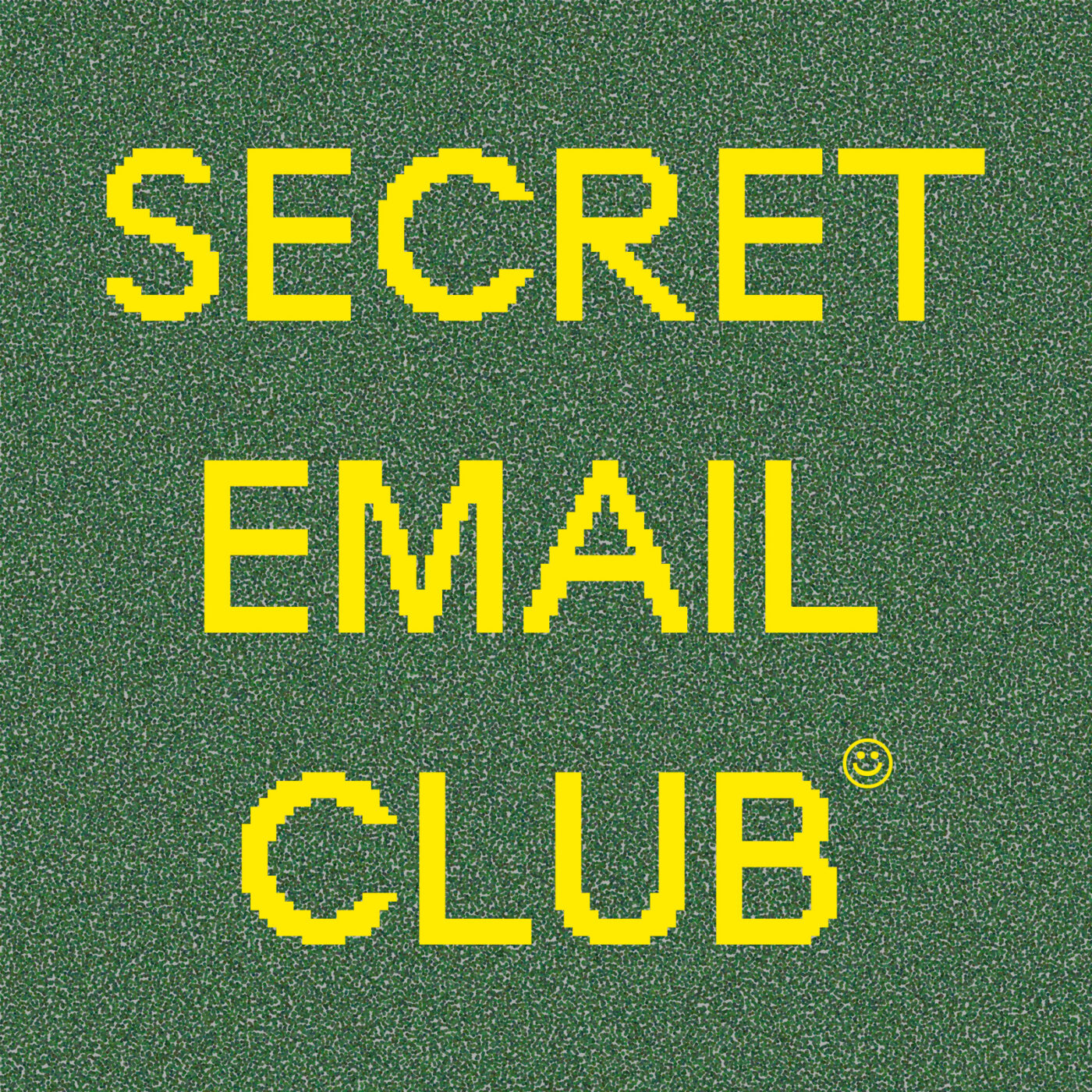Continuing our partnership with STORYHIVE — a platform which supports BC and Alberta based creators — I had the opportunity to interview the minds behind a forthcoming podcast, Disabled As Folk, which explores the trials and triumphs of life with a disability and finds humor in these experiences. The show is hosted by Laurel Carter (left), an event planner living with visual impairment, and Carly Neis (right), an actor living with Cerebral Palsy. The two met 8 years ago while working for the same company and they joke that “they collectively form one (almost) functioning human being”.
Jeff: It’s clear you both enjoy storytelling, was this always the case or only something recent?
Laurel: For me, it has been more of a recent thing. I have always enjoyed hearing stories from others so perhaps that has helped to inspire me to tell my own. I am excited to share my stories in a way that (hopefully) listeners can enjoy and connect with.
Carly: I have always loved it. In my world I had no interest in sports as my hobby growing up, mostly because I didn’t have a lot of accessible friendly options. Instead I found the arts. There is so much power and freedom in storytelling in an otherwise inaccessible world.


J: I think a lot people assume that making a podcast is as simple as sitting down and chatting with a friend. Can you talk a bit about some of the challenges you’ve encountered?
L: I suppose one of the biggest challenges we had was trying to take something that we would normally do in person and move it to online due to the pandemic. It made us change how we thought things through, like USB microphones and what software would work best. We did a lot of testing that is for sure! We were also very lucky to have the support of Telus Storyhive, the National Screen institute, as well as our mentor, Dave.
C: Aside from the pandemic challenges, another challenge was finding topics. With this podcast it is our goal to cover complicated topics while celebrating our wins ,with some ridiculous stories and laughs! I find that so many disability related shows are on how to navigate the system. While we hope that our show will help others navigate, we want to do so in a way that shows that at the end of the day, we are humans beyond our disabilities. Also, it’s super nice to have a friend that understands what life is like on a different level.

J: What are some podcasts you’re enjoying? And what makes them good?
L: Office Ladies! I am a big Office fan and find their podcast so engaging and informative. I also love me some Fast Facts!
C: I just started getting into Mayim Bialik’s Breakdown. Loving it so far! Making mental health easily accessible and tackling the stigma is a big job. Very well done!
J: Your conversations are engaging because they address something that people go to great lengths to avoid talking about. Is it that people are afraid to talk about disabilities or is it something else?
C: Disability is still something people are nervous about. Just like any minority there’s a lot of education that needs to be done. Unfortunately we’re at the mercy of others until they are genuinely willing to learn. Thankfully the media is slowly shifting in all forms and disabled folks are being seen more and more. There’s a lot of work to be done, don’t get me wrong! I think the more relatable our content is, the more likely our listeners will find a part of us in them! By aiming for that our hope is that the uncertainty will dissipate!

J: One thing you touched on in the episode I listened to was the idea of a friend joking about your disability, which might feel entirely different if the person making the joke isn’t a friend. It made me wonder if there are any shows or movies that you feel explore humor and disability in an inclusive way?
C: I loved Speechless! It was a great show. It was definitely pitched as a family show and it was just funny. It was written in such a way where it has lessons for all ages, but you had no choice but to laugh and live in the world of the characters. It was also one of the first shows that I know of where there was a conscious effort to involve people of all disabilities behind the camera as consultants and writers. That made a big difference. I think shows like this succeed in giving audiences of all ages a safe space to ask questions.


J: Often disabled characters are played by able bodied actors. The show Superstore comes to mind, with the character Garrett being played by Colton Dunn. As an actor yourself, Carly, do you have any thoughts on this or about representation in film in general?
C: Oh boy! I think we could do a whole interview on representation and the importance of keeping it honest and real. I think it’s of utmost importance that representation is considered and seen on stage and in film or any other media. I know when I was growing up I never saw myself in any of the spaces. My friends all had posters and films of their favourite actors and it was often because they had something to relate to them about. I didn’t, the celebrities I grew up loving were because of their talent and attitude just the way they presented themselves as humans. There’s nothing wrong with that, but I can only hope that the next generation has role models in their life that look like themselves.
I think more theatre companies and casting agents are trying, and I do give them credit for that, but the reality is that I’m still not being invited into the room in order to show them what I’ve got. I’m really really proud of the work that I’ve done, but more people need to see it.

J: Laurel, you mentioned that listening to the podcast might be the first time that some people close to you will learn you have impaired vision. It is interesting that for each of you having an online persona can provide the choice of when, or even if, to reveal a disability. Could you each share a little bit about your own experience related to a visible or invisible disability?
L: In my specific case I have both lived with a visible and invisible disability. From when I was baby up until the 9th grade I wore very thick glasses that made it fairly evident something was amiss in the good ol’ vision department. The summer before high school however is when I got my first pair of contacts and no longer wore thick glasses. I think there was good and bad to each.
When I wore my glasses I was certainly bullied a lot more and stared at a lot more, which didn’t feel so good. However, it was easier in that, a big part of my life was there for people to literally “see”. When I began to no longer wear glasses, I found myself hiding my disability a lot more and in some ways it was harder. I made up more excuses when I wore contacts, why I couldn’t do or see something, whereas with my glasses it was more obvious. It didn’t feel great to be bullied because of something that was a part of me; however it also didn’t feel great to hide who I was. Now, I have since had surgery that only requires me to wear glasses for distance. I have also become more forthcoming about my disability to those around me so, I guess I have found my middle ground.
C: For me, I didn’t have a chance to hide my disability because of my wheelchair. But what I did have the option to hide was what life was really like. It’s taken me a long time to accept who I am as a person and I’m now finally okay with telling my truth. It’s scary when you have to learn that it’s okay to ask for help. I hope that everyone is able to find a safe space to use as their platform to tell their truth!


J: There’s definitely a great lesson there, asking for help is humbling. What other things are you both into? Hobby? Guilty pleasure?
L: I am a big movie person. I love going to the local theatre and watching a film. The smell of the popcorn, the big comfy seats, the “real” nacho cheese…I just love it. Can’t wait to go back!
C: I am also a big movie buff! When I’m at home I love spending time with my two dogs. When I’m not on stage I am also an emerging playwright. I do a lot of other consulting work as well. Guilty pleasure: late night show tune sing-alongs!

J: I usually like to end interviews with this double question. First, what’s one thing you’d like accomplish in the next year or so?
L: I would love to travel more! Perhaps not an accomplishment per se but I miss adventuring and meeting new people.
C: My play Tune to A makes its debut in the next year! This has been a long but incredibly rewarding journey!
J: What about one thing you’d like to accomplish in your lifetime?
L: Hmm, that is a big question! I know it sounds corny but I try not to live my life with goals. For me, if at the end of my life I have made an impact on those around me and have been a good friend, daughter, partner and overall person, then I am happy. I have accomplished enough.
C: Nothing like ending with a bang! My goals tend to change depending on my current adventure, but I’d say a big one for me right now is to have enough of a steady stream of arts work to be able to finally have folks hear my story. Whether it be a piece of work I’ve written or playing a role! I want to make my mark, so others behind me won’t have to work so hard!
2025 Art & Photo Book Award
Wanna turn your art or photos into a book or a zine? Here’s your chance, we’re picking 9 people!
Learn moreJoin our Secret Email Club
Our weekly newsletter filled with interesting links, open call announcements, and a whole lot of stuff that we don’t post on Booooooom! You might like it!
Sign UpRelated Articles



